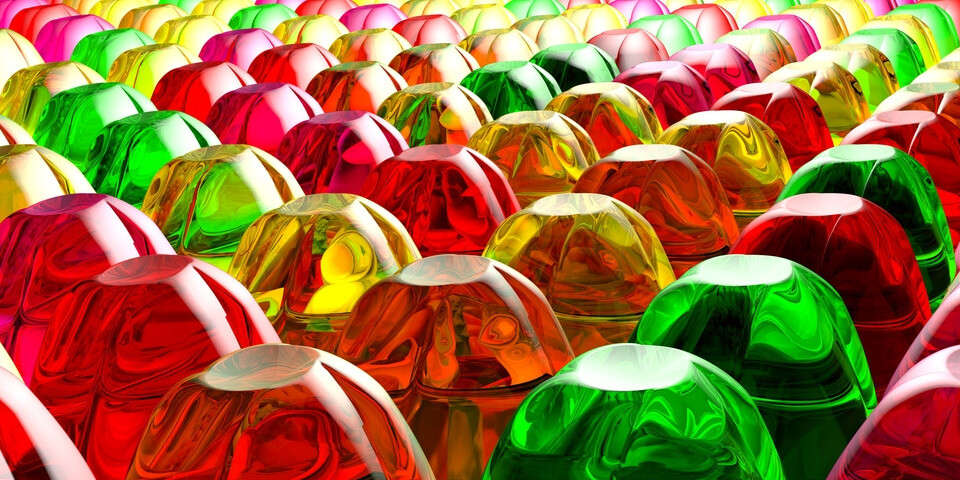With global demand for halal gelatin rising, Halavet Food aims to export $100 million of gelatin collagen in 2022.
Halavet Food’s new $25 million food-grade bovine gelatin plant has a production capacity of 1,500 tonnes. Halavet strives to double Turkey’s gelatin exports by expanding into the North American markets. The firm already exports to the Middle and the Far East.
“Within 12 months, we will be manufacturing and exporting gelatin collagen worth $100 million,” Yusuf Aydemir said at the plant’s opening ceremony. Aydemir is the executive president of Iskefe Holding, the enterprise Halavet has been part of since 2011.
Halavet’s new plant, opened in July in the Gerede Organized Industrial Zone, will also supply gelatin and collagen products for the pharmaceutical industry.
“We will produce raw materials for hard medicine capsules,” Aydemir said, which, according to him, is a first for Turkey.
Iskefe Holding started operation in 1957 with leather manufacturing and expanded into the production of gelatin and collagens. The holding owns production facilities, R&D centers and test laboratories within its leather and chemicals, food and agriculture, and laboratory business units.
Gelatin is a pure collagenous protein that is obtained from animal raw materials. Common sources of gelatin are pigskin, cattle hides, cattle bones, and, less frequently, fish and poultry skins.
The biodegradable compound is used in commercial food production and pharmaceutical industries because of its unique gelling and stabilizing properties. Replacing carbohydrates in many foods, being fat- and calorie-free and rich in protein, gelatin presents an attractive option for health products.
Market research company Global Industry Analysts Inc. expects the global gelatin market to reach almost 800,000 metric tonnes by 2026. The size represents a CAGR of 7.9%, driven by the rising demand for convenience and functional foods, supplements and soft gel capsules.
However, only 10% of the world’s gelatin production is deemed halal, said Professor Mian N. Riaz at a presentation during the virtual Thailand Halal Assembly 2021, held from December 14 to 15.
Riaz, a co-author of the book “Handbook of Halal Food Production”, published by CRC Press in 2019, added that 43% of the world’s production of gelatin uses pig skin.
According to the Gelatine Manufacturers of Europe, approximately 80% of the continent’s edible gelatin production is pork-based.
One of the association’s member companies, the Germany head-quartered Gelita AG, acquired in December 2020, 65% of the Turkish gelatin producer SelJel.
A company statement said that SelJel has a capacity of approximately 6,500 metric tonnes of edible, pharmaceutical and technical gelatin.
“All their products have halal status, which helps us to meet the growing demand for these products,” said Gelita’s CEO Dr. Franz Josef Konert, highlighting how SelJel capabilities complement the German producer’s business.
The joint venture is part of Gelita’s growth strategy to meet the increasing demand for halal bovine gelatin, acknowledging the market requirements in Islamic countries and large parts of Asia.
With a market share of about 22% and 23 locations worldwide, Gelita is one of the world’s leading collagen protein manufacturers. Founded in 1875, the company recorded in 2020 a turnover of 758 million euros ($852 million).
Information about the specific Islamic rules, requirements and test methods for halal edible gelatin provides a new standard.
SMIIC’s Technical Committee on Halal Food Issues published “OIC/SMIIC 22:2021 – Halal Edible Gelatine – Requirements and Test Methods” earlier this year.
© SalaamGateway.com 2021 All Rights Reserved

